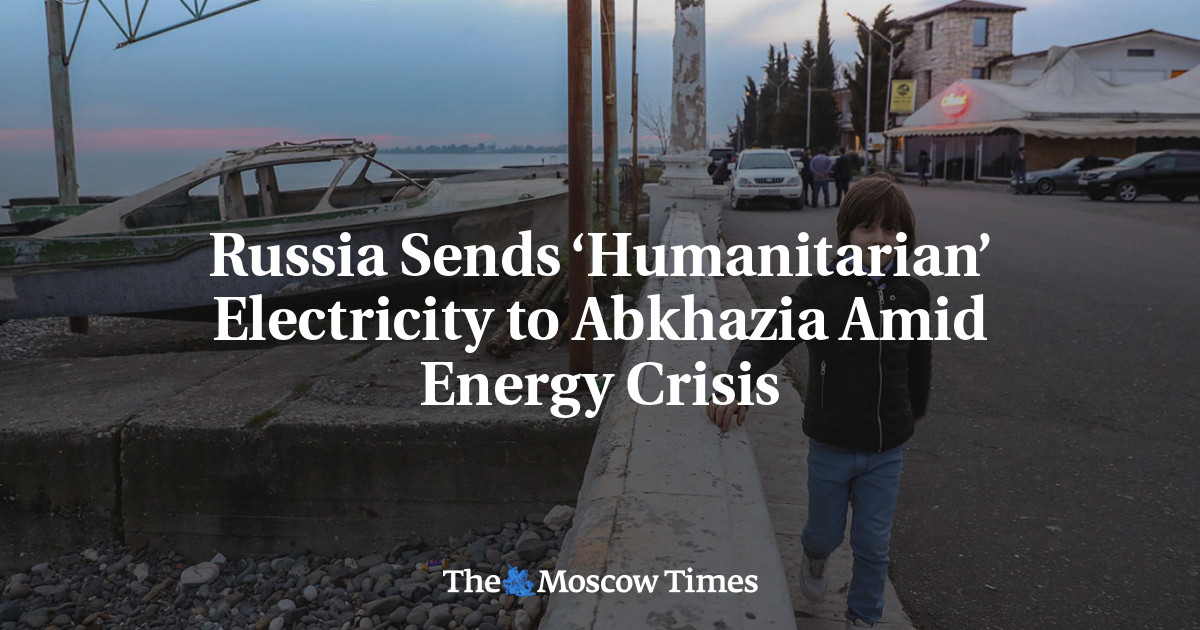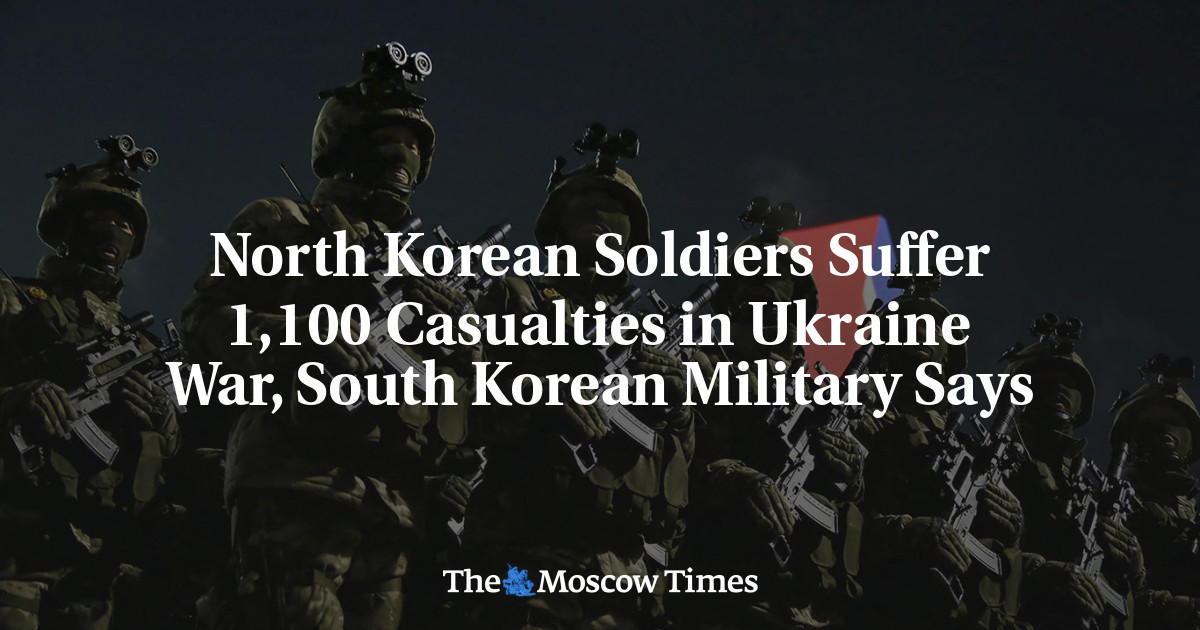Last month, the British government shocked the world by announcing a plan to deport most asylum-seeking adults arriving in the UK to Rwanda.
The deal seems purely driven by money: Under the proposed arrangement, the Rwandan government will receive $158 million over a five-year period to feed and house arrivals. Whether or not the policy goes ahead – it is already facing legal challenges – it marks a worrying development in British immigration politics, and could become a model for conservative governments around the world.
Bridget Chapman is a caseworker at Kent Refugee Action Network (KRAN), a charity in England’s southeastern county of Kent that provides support for unaccompanied children who arrive in the UK seeking asylum. I spoke to her about the most startling policy to come out of the UK in 2022.
This interview has been edited for length and clarity.
How is the new policy, the Asylum Partnership Arrangement (APA), intended to work?
Under this new approach, people who arrive in the UK as asylum seekers through irregular methods, such as crossing the channel from France in a small boat – currently the most popular route of entry – will face deportation to Rwanda. It’s a one-way ticket, and even if people are granted asylum status it will be in Rwanda, not the UK.
So this would effectively mean the end of the right to claim asylum in the UK for people who arrive irregularly. How did we get to the point where such a policy could be proposed?
There is a significant minority of British people, especially in England, who are implacably opposed to migrants entering the UK. Boris Johnson’s Conservative Party won these people over as a key voting bloc by adopting the United Kingdom Independence Party’s [extreme anti-migrant] politics. Now, the Conservatives seem to be completely in thrall to this group of voters.
As a result, more and more ridiculous and toxic ideas have been proposed. Sometimes I think they’re just testing the waters to see what the public will stand. “Blue sky” ideas discussed by government officials have included installing wave machines in the English Channel, using the Royal Navy to push back migrant boats [these efforts were recently abandoned in the face of legal challenges] and offshoring refugees in Albania, Ghana or on Ascension Island [a small British territory halfway between the African continent and Brazil].
I can’t see how the APA is legal. But I think the fact that we are even discussing this as a serious proposal sets a dangerous precedent, as does the fact that a deal has already been signed with Rwanda.
Defenders of the policy have stressed that it would mostly be applied to “single men,” seemingly saying that they are less worthy of asylum in the UK.
Saying that one group of refugees is not worthy of our sympathy, or that they aren’t really refugees but an invading force, is a very dangerous route to go down. This rhetoric calls on a really pernicious racist trope that says that foreign men are dangerous predators.
This is something I feel very strongly about because most of the young people I work with at KRAN are boys who left their countries of origin because they did not want to fight. In Afghanistan, for instance, boys are often told when they’re about 15 that they’ll have to join the Taliban and many leave because they don’t want to. These are children who want what we all want, which is to live in peace.
If the APA is intended to be a durable policy, rather than a piece of political theater, what might a legal challenge to it look like?
I actually doubt that anybody will get sent to Rwanda.
But if the government were to try and deport somebody there, then I’m sure lawyers would challenge the policy’s legality under international law. Under the Geneva Convention, people are entitled to seek sanctuary in a country of their choice. So, I’m sure it would be deemed illegal to give a UK asylum seeker a one-way ticket to Rwanda and say, “That’s it.”
What changes would KRAN like to see in British migration policy?
We are a small charity; we don’t really work on policy, but we do support resettlement schemes that would accept significantly higher numbers of people. If people want to come to the UK, as far as I'm concerned they have an absolute right to do so.
But let’s be clear that most people actually stay in the first safe country they get to, which is why Lebanon has a refugee population of over 1 million despite having a landmass that is 4 percent the size of the UK. So, we also need to increase foreign aid.
For those people who have no other option than to migrate, we need ways of making that journey safer. We don't have to reinvent the wheel here: Humanitarian visas would allow people to travel safely to the UK to claim asylum.
We really need an office for this purpose in northern France, where people frequently gather to travel to the UK on boats, or by stowing away in lorries on ferries. That office could be just a shipping container – it doesn't have to cost a huge amount of money. This would not only prevent totally avoidable deaths at sea, it would also make it easier for reception services in Kent, where migrant boats typically make landfall.
Do you think the government’s position differs from that of the average person in the UK?
The war in Ukraine is exposing the fact that there is a huge amount of public support in the UK for refugees. People call us all the time to ask how they can house Ukrainian refugees. And when we explain that there are actually refugees from other countries already in the UK who also need housing, they often say that it doesn't matter where somebody is from – they just want to show their support for refugees.
What might the Home Office [the government department responsible for overseeing security and immigration in the UK] do next if they are forced to withdraw this policy?
I think they’ll continue to seek out harsh policies, because they feel that this is key to staying in power.
.png)
 2 years ago
1
2 years ago
1



/cdn.vox-cdn.com/uploads/chorus_asset/file/25515570/minesweeper_netflix_screenshot.jpg)




 English (US) ·
English (US) ·